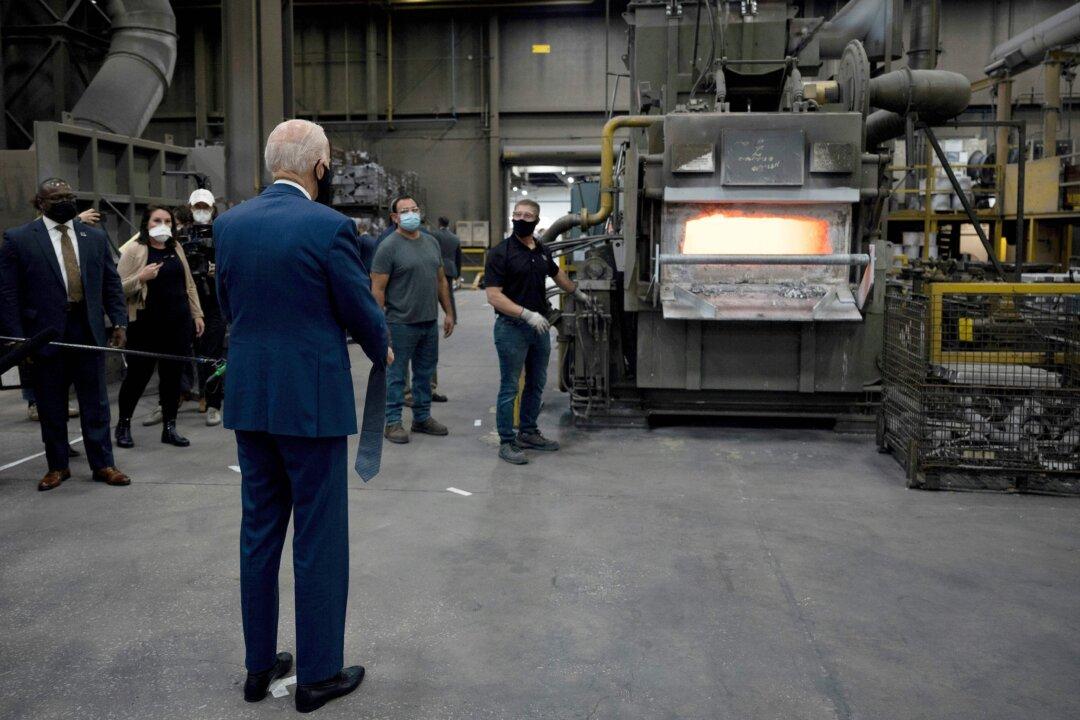Americans are deeply divided on many major issues facing the country, although a new national survey finds six big proposals are favored by super-majorities in both political parties.
“The research clearly shows that these are the policies that an overwhelming number of Americans, regardless of political party, want,” George Barna, director of the Cultural Research Center (CRC) at Arizona Christian University, said in a statement accompanying the release of the survey.





